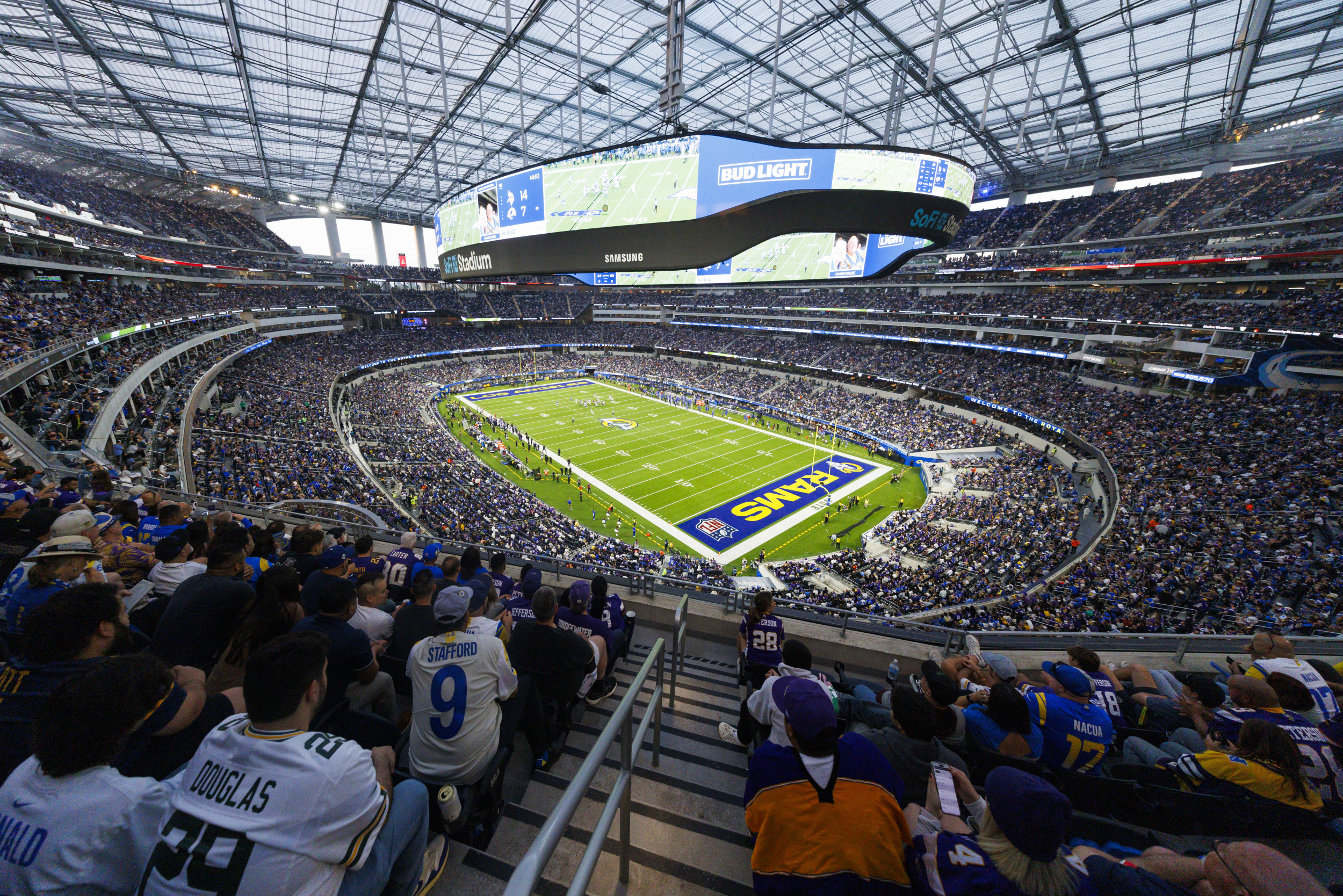The Department of Transportation (DOT) and Transport Secretary Pete Buttigieg has announced that more than $4.2 billion in federal grants will be awarded to infrastructure projects across the United States.
The grants are part of two major infrastructure programs, the National Infrastructure Project Assistance (Mega) grant program and the Infrastructure for Rebuilding America (INFRA) grant program which has received increased funding after investment from the Bipartisan Infrastructure Law.
The Bipartisan Infrastructure Law is a multi-billion dollar program created by the Biden administration that provides federal investments across ports, highways, broadband, climate resilience, and more.
Additionally, 42 percent of these programs are in disadvantaged communities, following through on President Biden's Justice40 initiative, a pledge to ensure that disadvantaged communities need to receive 40 percent of the overall benefits of certain Federal investments into climate, housing, and other investments.
Per the DOT, Mega programs "generate national and regional economic, mobility, and safety benefits while creating U.S. jobs and lowering costs for consumers," whereas INFRA programs "improve the safety, efficiency, and reliability of the movement of freight and people in and across rural and urban communities."
The DOT issued a press release on October 21 on the 11 programs that received Mega funding and the 36 programs that received INFRA funding.
One of the projects that received Mega funding is in Boston, Massachusetts, and is aimed at replacing Draw 1—a 92-year-old bridge that connects several trains to North Station in Boston. The money will also go towards extending a platform and replacing track and signal around North Station.

A spokesperson for the MBTA told Newsweek that it's a "Depression-era" bridge, hence why it needs to be replaced.
Katie Calandriello from Transit Matters, a transit advocacy group in Boston, told Newsweek that this funding is greatly needed. She said, "The North Station Drawbridge will open incredible opportunity to transition Commuter Rail into Regional Rail, something TransitMatters has been pushing for and that the T [Boston transit] has slowly begun to adopt."
Calandriello added that this funding is not the be-all and end-all of transit improvements in Boston. She told Newsweek: "However, as an advocacy org we are always pushing the T to do more, and with rail, we see the biggest opportunities to be increased frequencies and speed, which can be achieved through systemwide electrification and track upgrades, high level platforms to make transit accessible to all riders, and a reformed fare system."
She added that federal funding is still crucial, saying: "Even if the T was not facing funding problems, federal funding like this is still important as it gives upfront large sums of money that make mega projects easier to tackle."
The state with the highest number of grants is California, which received two Mega grants, and two INFRA grants, totaling $423,658,235.
Florida, Illinois and Arizona all received three separate grants for their infrastructure projects, totaling $114,161,034 for Florida, $386,768,582 for Illinois, and $172,627,854 for Arizona.
The DOT also revealed that these 44 successful grant applications were out of a batch of 200 applications. The DOT received requests for more than $27 billion, which they said was "far exceeding the amount of funding available."
Do you have a story we should be covering? Do you have any questions about this article? Contact LiveNews@newsweek.com




















 English (US) ·
English (US) ·